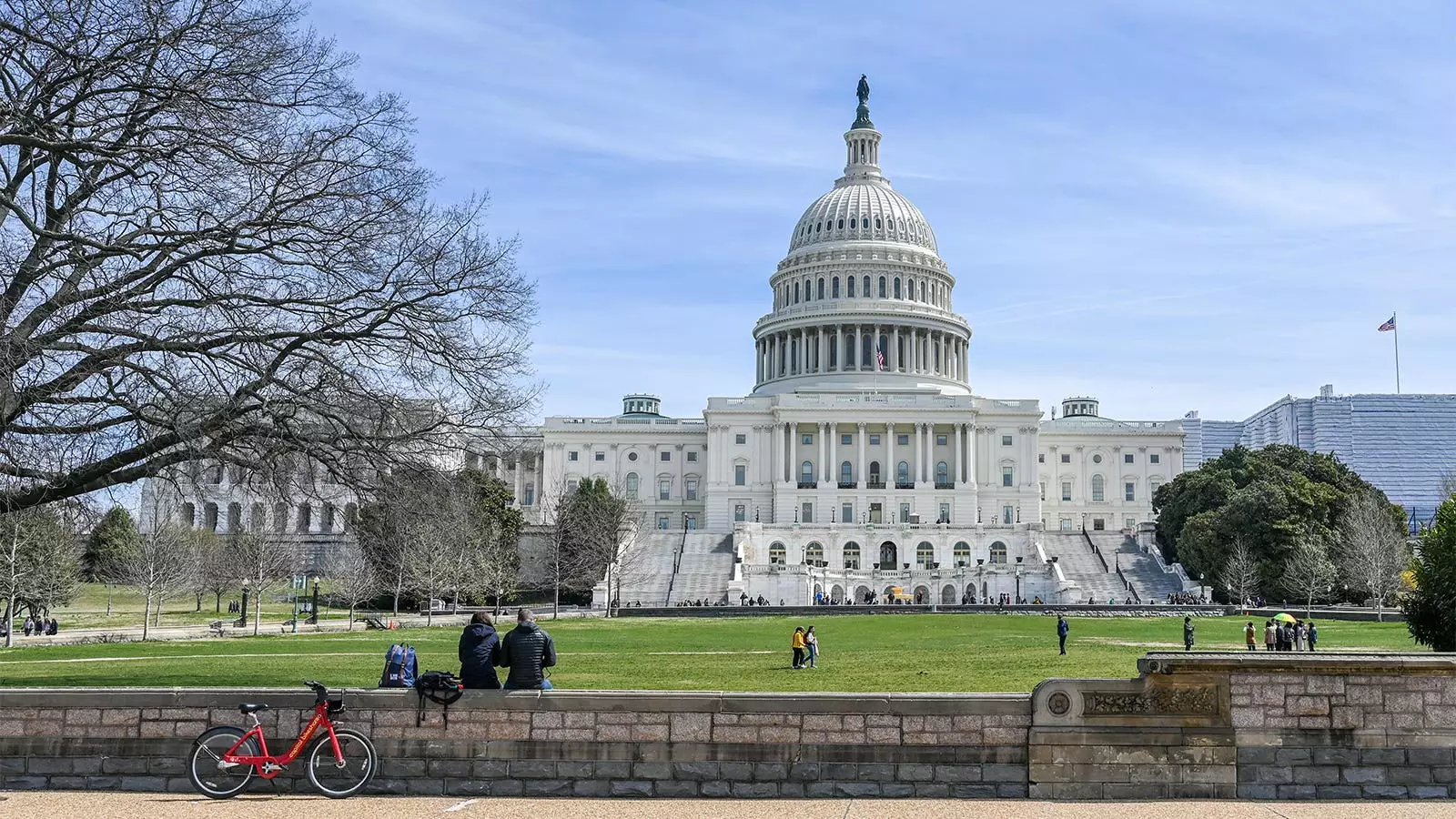The recent presidential election not only shaped the executive branch but also witnessed significant outcomes in the House of Representatives, where all 435 seats were up for contention. This election cycle highlighted the participation of healthcare professionals in the political arena, offering a distinct lens through which to evaluate voter preferences and the implications for healthcare policy.
In several districts, the races were tightly contested, especially in Arizona’s District 1. As results were still rolling in, the incumbent Republican, David Schweikert, was narrowly leading against Democratic challenger Amish Shah, MD. With only 60% of votes counted, the competition was reminiscent of many districts where healthcare practitioners took the plunge into politics. The outcome here could signal a burgeoning trend of physician involvement in legislative matters, reflecting their vested interest in healthcare reform.
Contrast this with Kansas District 3, where oncologist Prasanth Reddy, MD, faced a steep uphill battle against incumbent Rep. Sharice Davids (D). His loss, 43% to 53%, underscores a recurring theme where established political figures, often with an extensive background in politics rather than healthcare, managed to fend off challenges from newcomers, even those with respected medical credentials.
Success stories emerged in other districts, notably in Minnesota District 3, where Kelly Morrison, MD, triumphed over district court judge Tad Jude with an impressive 58% of the vote. Morrison, an ob/gyn and state senator, exemplifies how candidates who blend medical knowledge with legislative experience can resonate with voters, potentially leading to more health-conscious policymaking.
Similarly, the Missouri District 3 race showcased the rise of physician candidates. Doctor and lawyer Bob Onder, MD, decisively won against tech specialist Bethany Mann, signaling a preference among the electorate for candidates with healthcare backgrounds in decision-making roles. The implications of such victories stretch beyond individual wins; they may usher in a more informed approach to health policy, one that prioritizes patient care and systematic reform.
Certain races stood out for featuring direct competition among medical professionals. In New Jersey District 3, family physician and lawyer Herb Conaway, MD, defended his seat against cardiologist Rajesh Mohan, MD, edging out a narrow victory. This race emphasized how varying specialties can influence political views and health-related agendas, raising questions about whether voters perceive differences in medical backgrounds as relevant to their legislative choices.
In Oregon, pulmonologist Maxine Dexter, MD, achieved a landslide victory over lawyer Joanna Harbour. The broader implications of Dexter’s win suggest strong voter support for candidates with direct experience dealing with healthcare issues, especially in the current climate of heightened awareness regarding public health.
The election also shed light on gender representation, particularly among healthcare-affiliated candidates. Sheri Biggs, NP, demonstrated that not just physicians but also nurse practitioners can secure significant victories, as she swept her race in South Carolina by a remarkable margin. Conversely, Kristin Lyerly, MD, lost her race in Wisconsin District 8, highlighting that while strides are being made for women in healthcare politics, challenges remain in securing seats against more traditional candidates.
As readjustments in the House lineup unfold, several incumbents with medical backgrounds retained their seats, ensuring that the interests of healthcare professionals remain represented. However, the loss of notable physician members, such as Mike Burgess, MD, suggests a potential shift in representation that could prove detrimental to healthcare discourse on Capitol Hill.
The involvement of healthcare professionals in the political sphere during this election cycle not only reflects their commitment to influence policy but also illustrates the electorate’s response to candidates with medical expertise. As healthcare challenges continue to evolve, the implications of these electoral outcomes will be critical. The future of healthcare policy might hinge on the ability of these candidates to translate their medical knowledge into actionable legislative priorities, ensuring that patient care remains at the forefront of political agendas.


Leave a Reply